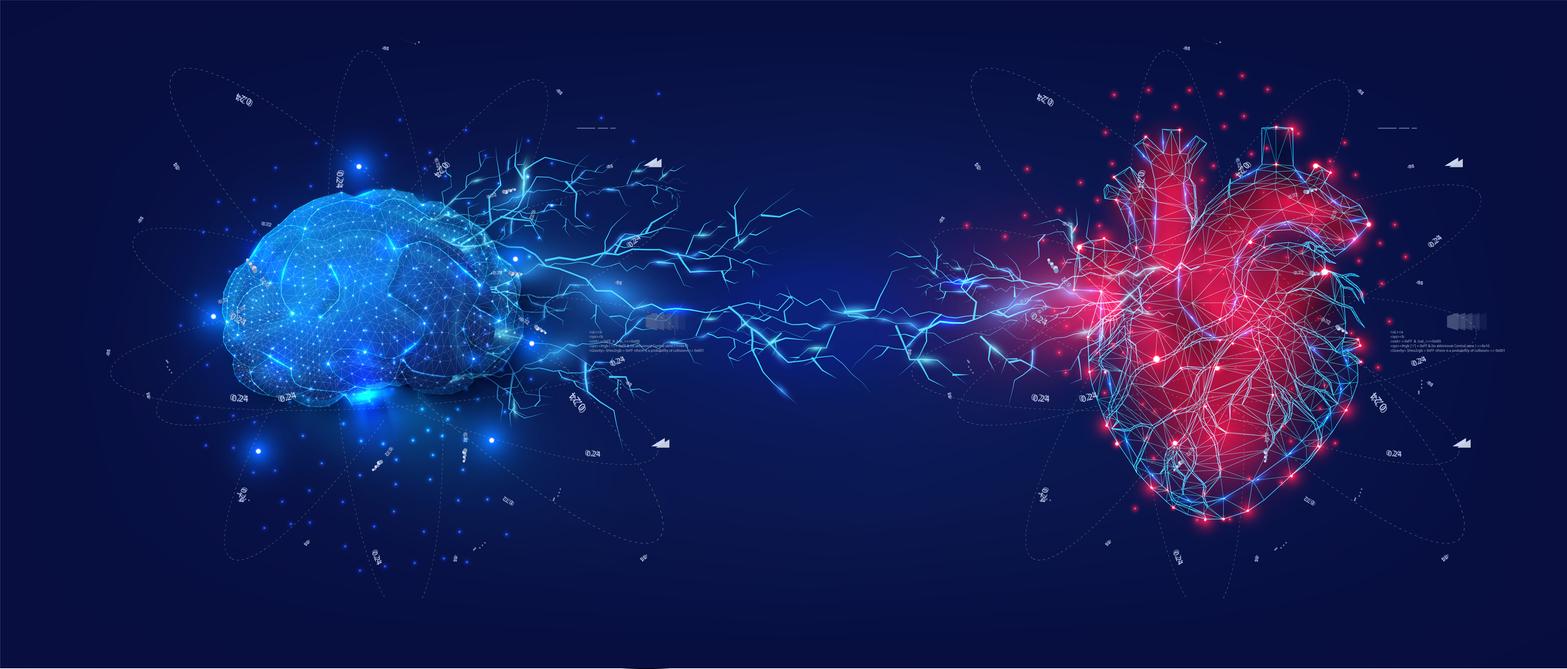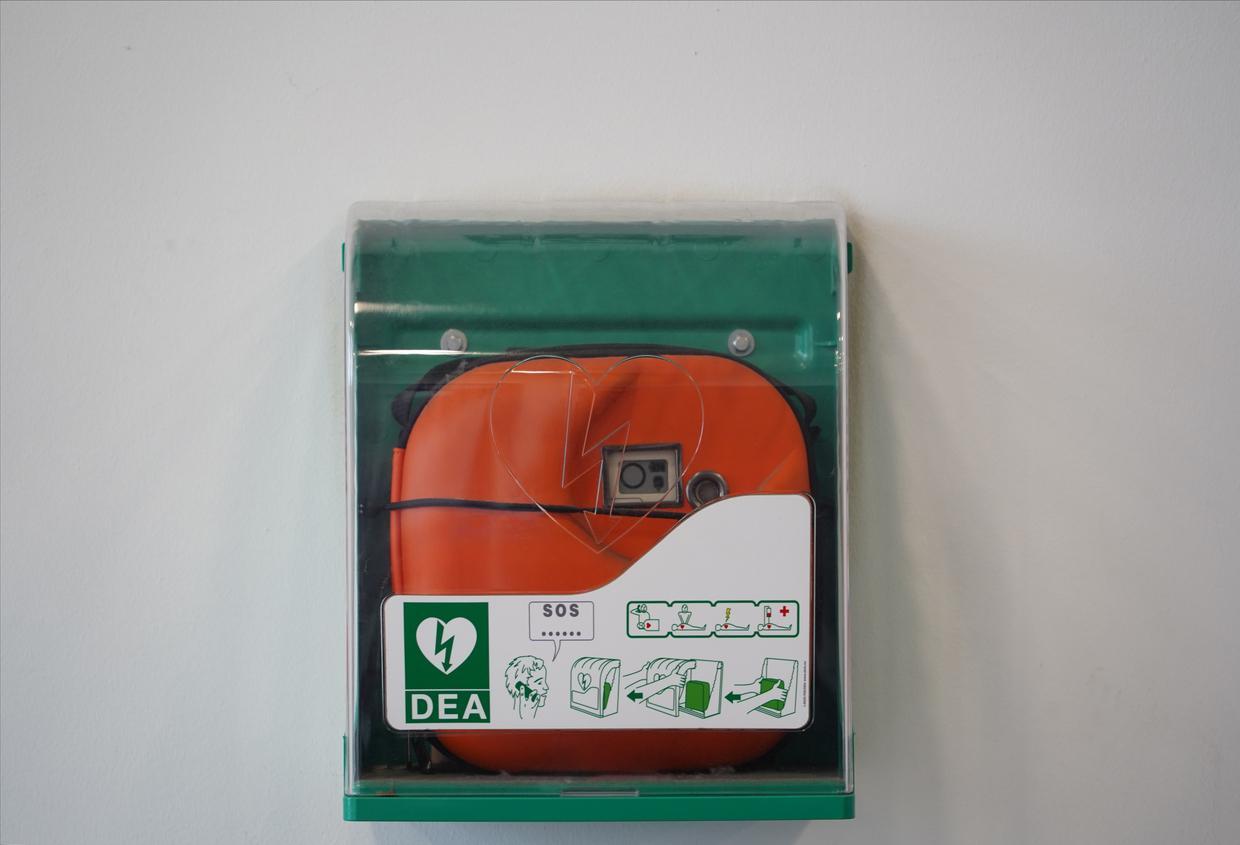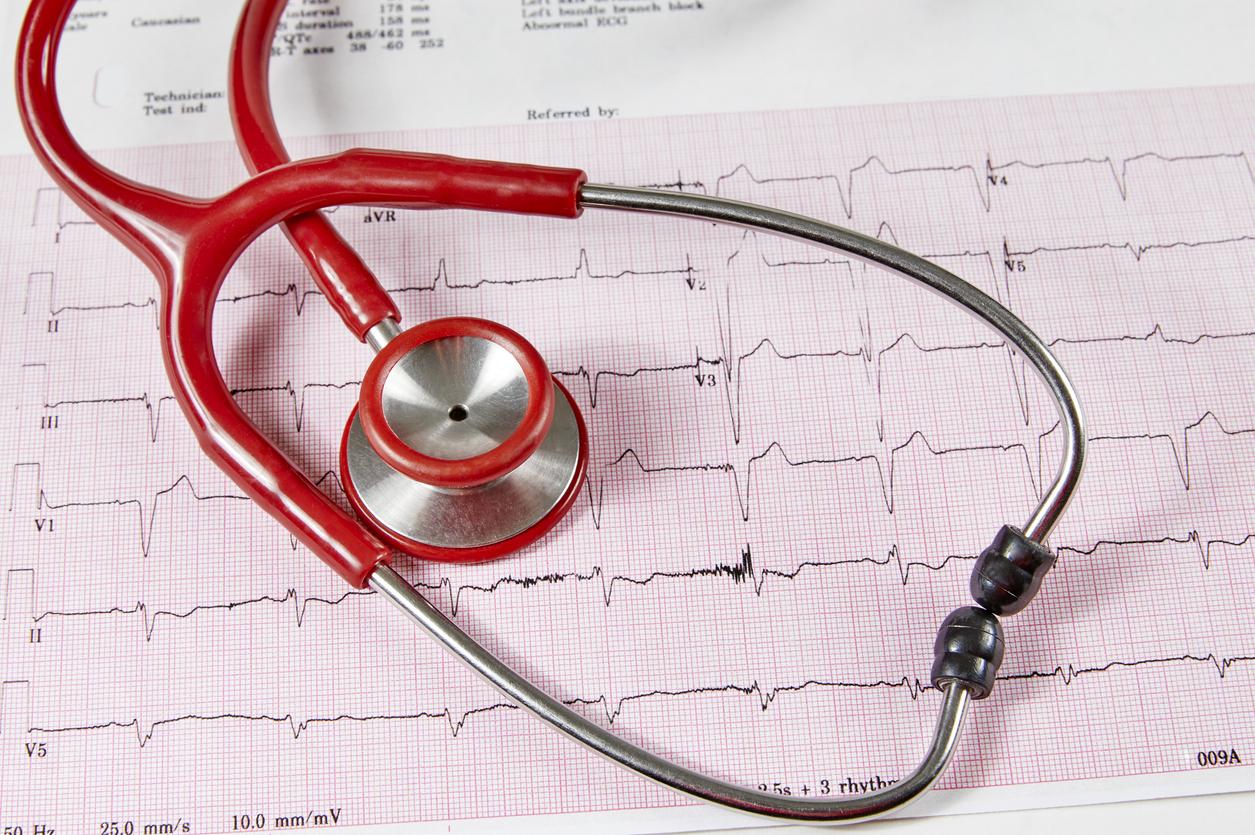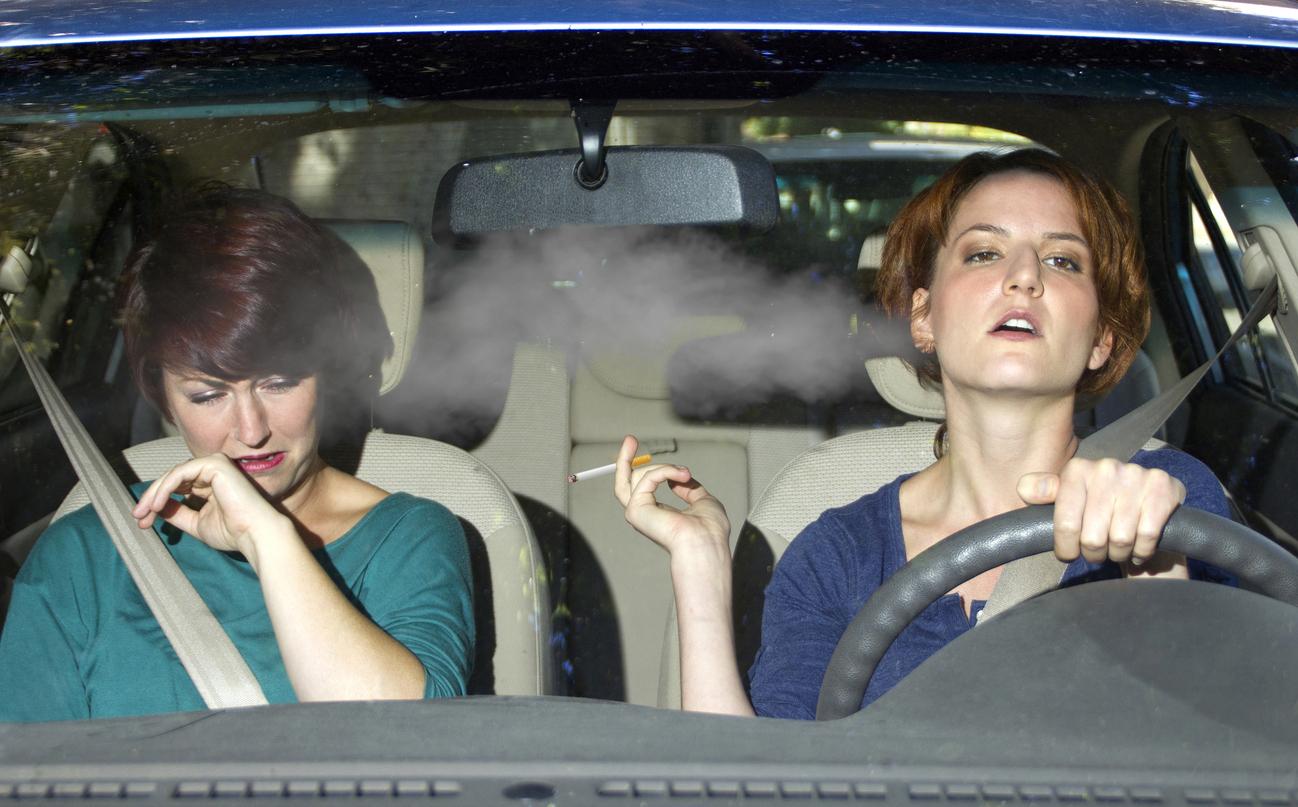Tachycardia corresponds to an increase in heart rate beyond 90 or 100 beats per minute, apart from significant physical effort. Several causes can cause this disorder.
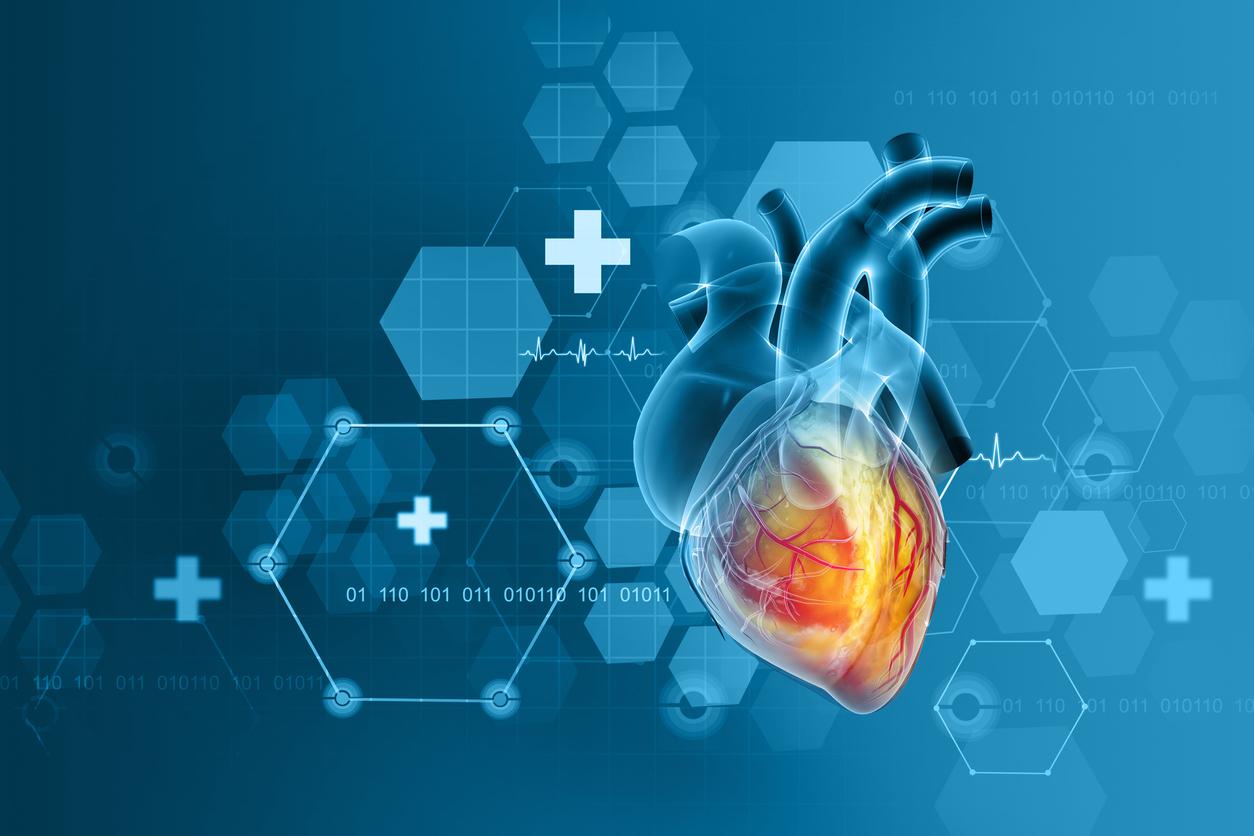
- We speak of palpitations when the heart rate is more than 100 beats per minute.
- Also called tachycardia, this heart rhythm disorder can be caused by lifestyle or even physical or cardiac disorders.
- Palpitations are usually mild. However, if they are chronic or accompanied by worrying signs (dizziness, chest pain, headaches, sweats…), you should consult.
A healthy adult heart at rest has a heart rate between 60 and 90 beats per minute. Sometimes it starts to beat faster without any physical effort. We then speak of palpitations or tachycardias. They are felt in the chest, and sometimes in the throat and neck.
“In most cases, heart palpitations are harmless and not a sign of a serious problem”indicates theHealth Insurance on its website. However, they can also be a sign of a heart rhythm disorder. This is why it is important to identify the causes of this accelerated heartbeat.
Tachycardia: possible causes of rapid heartbeat
The way of life as well as disorders emotional or physical can cause this noticeable acceleration of the heart rate:
- Lack of sleep : the heart rate and the proper functioning of the heart are likely to be affected if the quantity and quality of sleep is insufficient.
- Fever : the heart races during a feverish episode, which can give a feeling of throbbing in the chest.
- The dehydration : tachycardia can be a sign of dehydration.
- Excessive consumption of stimulant substances: coffee, tobacco, energy drinks or alcohol are likely to cause the onset of sinus tachycardia (hyperactivity in a normal sinus node). “Palpitations can also occur at the time of withdrawal in alcohol-dependent people (link to the alcohol dependence article)”, specifies theHealth Insurance.
- Drugs : narcotics such as cocaine, heroin, cannabis, amphetamines can also cause palpitations.
- The pregnancy : “The pregnant woman’s heart rate increases and palpitations are sometimes felt. These are linked to hormonal changes, but also to the volume of blood which increases in women throughout the gestation period”explains theHealth Insurance.
- The stress : faced with a stressful event, the body secretes hormones such as cortisol which accelerates the heart rate.
- Mental disorders: palpitations can be caused by anxiety disorders, depression and the onset of a panic attack.
- Taking certain medications: several treatments are likely to cause heart palpitations like some decongestants against rhinitis, antiasthmatics (salbutamol)some antihypertensives or antihistamines…
- heart disease: “palpitations may be present in cases of heart disease and reveal a rhythm and cardiac conduction disorder (atrial fibrillation, flutterventricular tachycardia, etc.explains theHealth Insurance. Tachycardia may reveal for example angina pectoris, an anomaly on one of the valves of the heart or heart failure.

Palpitations: how to prevent them?
To avoid or reduce episodes of tachycardia, it is advisable to avoid stimulants such as alcohol, drinks containing caffeine or drugs. It is necessary to fight against stress and anxiety by favoring regular physical exercise as well as activities that help you relax (yoga, meditation, reading, gardening…). In addition, smokers are recommended to quit smoking.
If despite the change in your lifestyle, the palpitations persist, it is advisable to consult your doctor.
Moreover, emergency services must be contacted quickly, ifAccelerated heart rate is accompanied by these signs:
- A shortness of breath or difficult breathing;
- of the dizziness;
- A malaise with loss of consciousness;
- of severe headaches;
- a chest pain ;
- of the sweats;
- A pulse greater than 120 beats per minute or less than 45;
- Iexistence of heart disease or family history.











